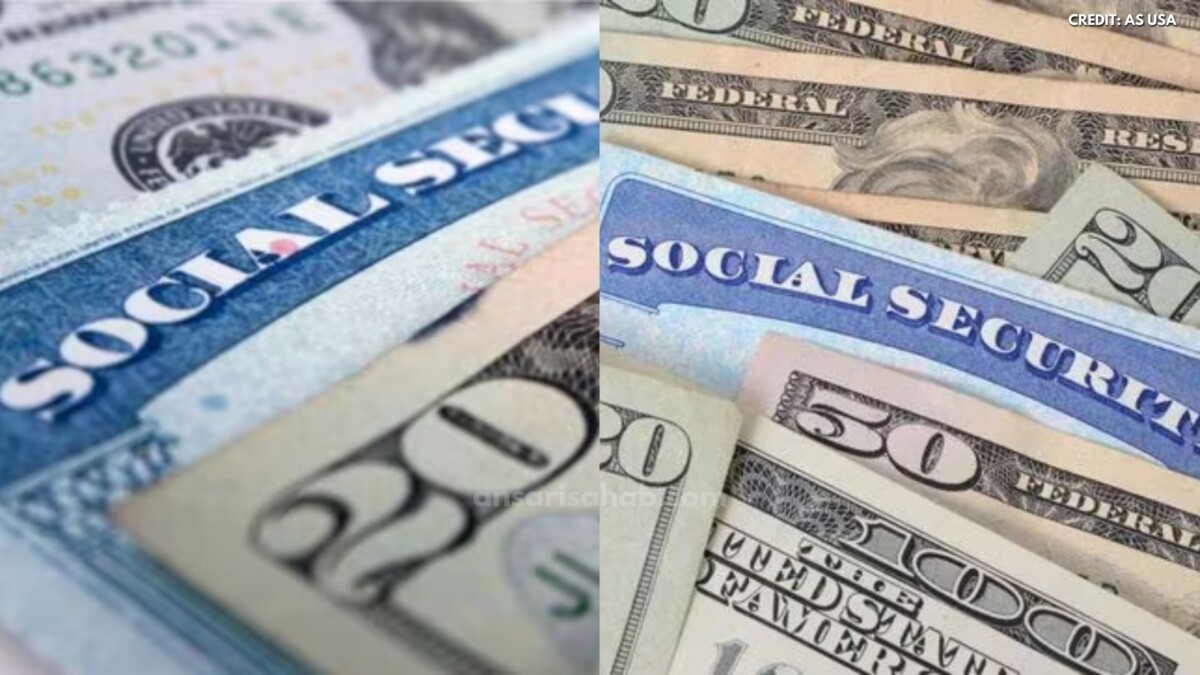WASHINGTON, D.C. — In a significant shift in U.S. counter-narcotics policy, President Donald Trump has officially designated several Mexican drug cartels as Foreign Terrorist Organizations (FTOs) and Specially Designated Global Terrorists (SDGTs). This move, announced on January 20, 2025, empowers U.S. agencies to freeze assets, impose travel bans, and initiate military actions against these groups. The designation includes prominent cartels such as the Jalisco New Generation Cartel (CJNG), Sinaloa Cartel, and La Nueva Familia Michoacana, among others.
Background and Rationale
The executive order underscores the administration’s assertion that these cartels pose a national security threat beyond traditional organized crime. “People have wanted to do this for years,” President Trump remarked during the signing ceremony, highlighting the urgency of the action. The order directs U.S. agencies to commence enforcement measures within two weeks, signaling a swift and decisive approach to combating drug trafficking and associated violence.
Military Actions and International Reactions
Following the designation, the U.S. military has initiated targeted strikes against suspected cartel operations. These actions have been framed as part of a broader strategy to dismantle transnational drug networks. However, the military’s involvement has raised concerns among international partners and legal experts.
In the Caribbean, U.S. naval forces have conducted several strikes on vessels suspected of transporting narcotics. While the administration claims these operations target “narcoterrorists,” investigations have revealed that many of the intercepted boats were carrying drugs bound for Europe, not the United States.Additionally, reports indicate that some of the individuals killed in these strikes were impoverished fishermen, not cartel operatives.
The strikes have also strained diplomatic relations. Colombia recalled its ambassador to the U.S. after a September attack resulted in the death of a Colombian fisherman. President Gustavo Petro condemned the incident as a violation of sovereignty, while President Trump retaliated with harsh rhetoric, labeling Petro an “illegal drug dealer” and threatening to cut aid and impose tariffs on Colombian goods.
Legal and Ethical Considerations
The designation of Mexican cartels as terrorist organizations and the subsequent military actions have sparked debates over international law and human rights. Legal experts argue that treating drug trafficking as an act of terrorism blurs the lines between criminal justice and military engagement, potentially setting a precedent for unilateral military actions without congressional approval.
Moreover, the lack of transparency regarding the intelligence used to justify these strikes has raised concerns about accountability. Critics contend that the absence of clear evidence linking the targeted vessels to drug trafficking undermines the legitimacy of the operations.
Impact and Implications
The designation and subsequent military actions mark a significant escalation in the U.S. approach to combating drug cartels. While supporters argue that these measures are necessary to address the growing threat posed by transnational criminal organizations, opponents warn of the potential for increased violence and instability in the region.
The strained relations with Colombia and other Latin American countries could complicate future cooperation on counter-narcotics efforts. Additionally, the focus on military solutions may divert attention from long-term strategies aimed at addressing the root causes of drug trafficking, such as poverty, lack of education, and weak governance structures.
Frequently Asked Questions
President Trump cited the escalating violence and the cartels’ involvement in activities that threaten U.S. national security as the primary reasons for the designation. The administration asserts that these groups’ operations extend beyond traditional organized crime, justifying their classification as terrorist organizations.
The international response has been mixed. While some countries express support for the U.S. efforts, others, such as Colombia, have condemned the strikes as violations of sovereignty. Legal experts also raise concerns about the adherence to international law and the potential for setting a concerning precedent.
The policy shift could lead to increased military engagements in Latin America, potentially escalating violence and instability. It may also strain diplomatic relations with neighboring countries and complicate future collaborative efforts on counter-narcotics initiatives.









